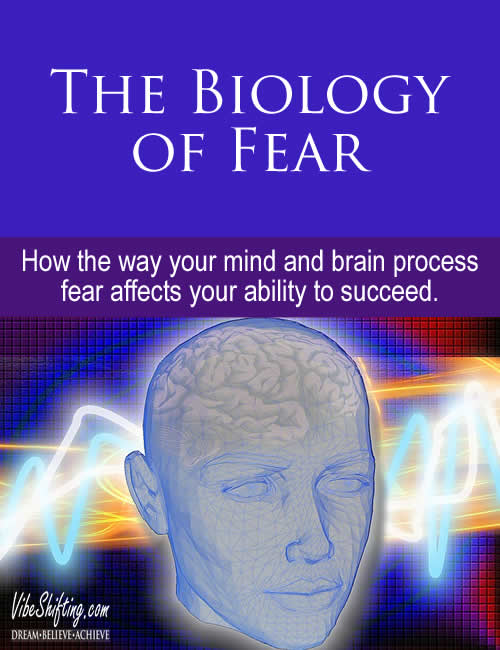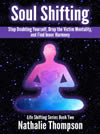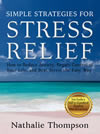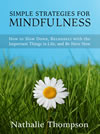
In my book, fearLESS, I talk a little bit about the biology of fear. And for the purposes of the book, and when it comes to how your fears affect your ability to successfully build your dreams, there are only two things you really need to know:
- The amygdalae, are small almond-shaped structures within your brain. They constantly scan the information your senses pick up for signs of danger, and when they see something they don’t like they sound an alarm that triggers all sorts of stress hormones to pour through your body. These are the hormones that cause all the standard fear responses that we experience: the pounding heart, the dry mouth, the clammy hands, etc.
- The amygdalae do not differentiate between real and imagined threats.
This last point is very important, because it means that if you think about or imagine something frightening – for example, standing up to speak in front of a room full of people – your body will react to those mental cues in exactly the same way that it would to the actual, physical experience of having it happen.
So, it doesn’t matter whether you’re actually experiencing something threatening or if you’re just thinking about something scary – your mind, your body, and all your systems are going to react the same way.
And this is significant because it means that, if you are constantly exposed to frightening news items about diseases, looming economic collapse, or potential terrorist threats, for example, that threat-detection system of yours never returns to stand-by mode.
In modern society, our threat-detection systems are always in red-alert mode. #stress Click To TweetIn modern society, we are pretty much always on red alert mode, as far as our bodies’ stress responses are concerned. (And if you are interested in learning more about all of that, by the way, you can find more details in my other book, Seven-Minute Stress Busters.)
Now, when it comes to our dreams, and all those fears that keep us from doing what it takes to go out and build those dreams, this psychological aspect is by far the most important one that we need to understand so that we can then work through those fears and move forward with our dreams and goals. What’s important here is that our dream-related fears are primarily a cognitive issue. They arise as a result of mistakes we make in how we interpret the world and the situations around us.
Stay tuned for next week’s video because we’re going to talk about one of the main consequences of this cognitive aspect of fear and how it can create those days we all dread where it seems like everything goes wrong.
photo credit: pixabay.com cc (modified by me)

















